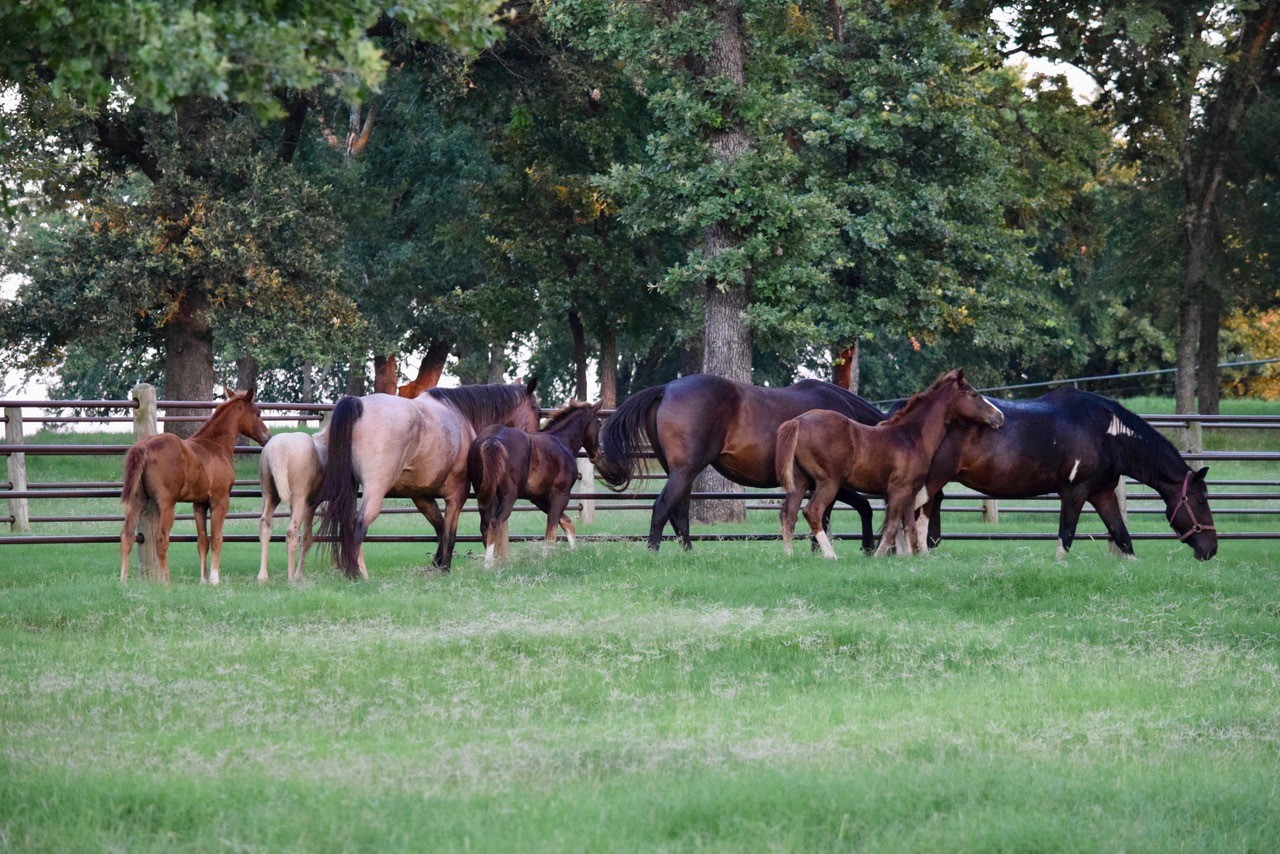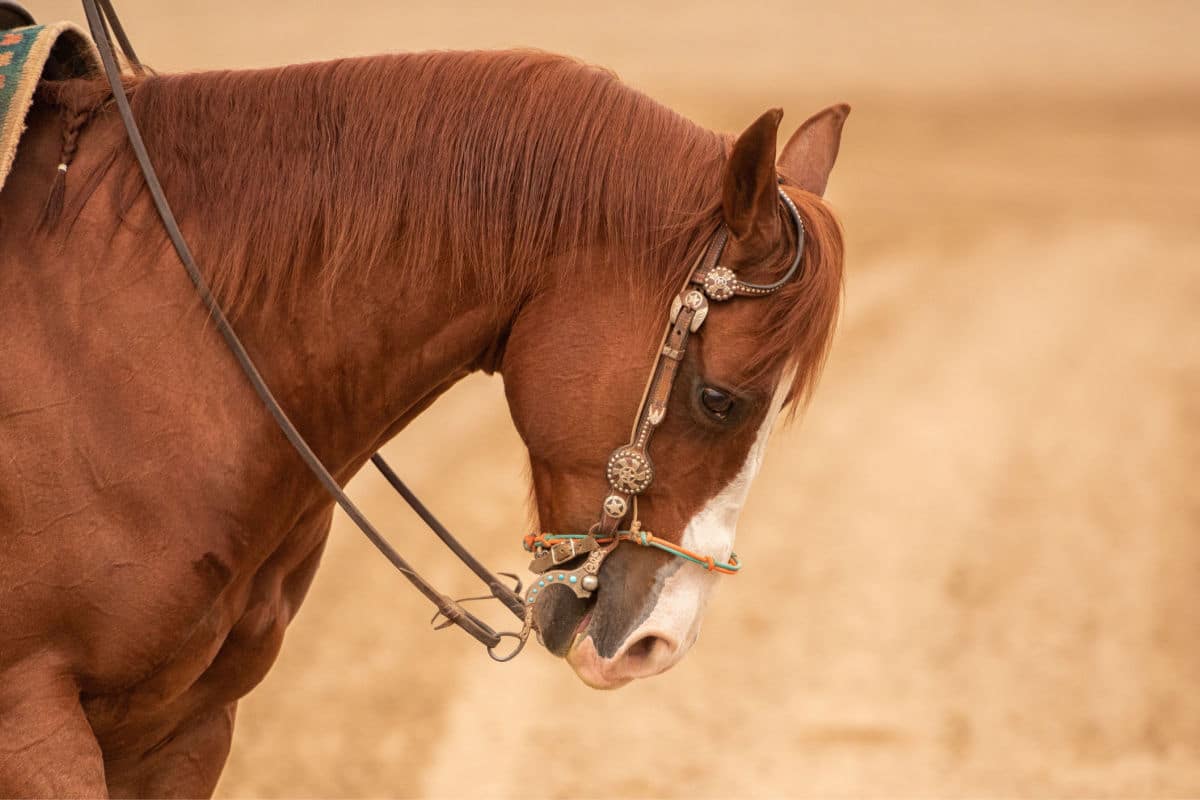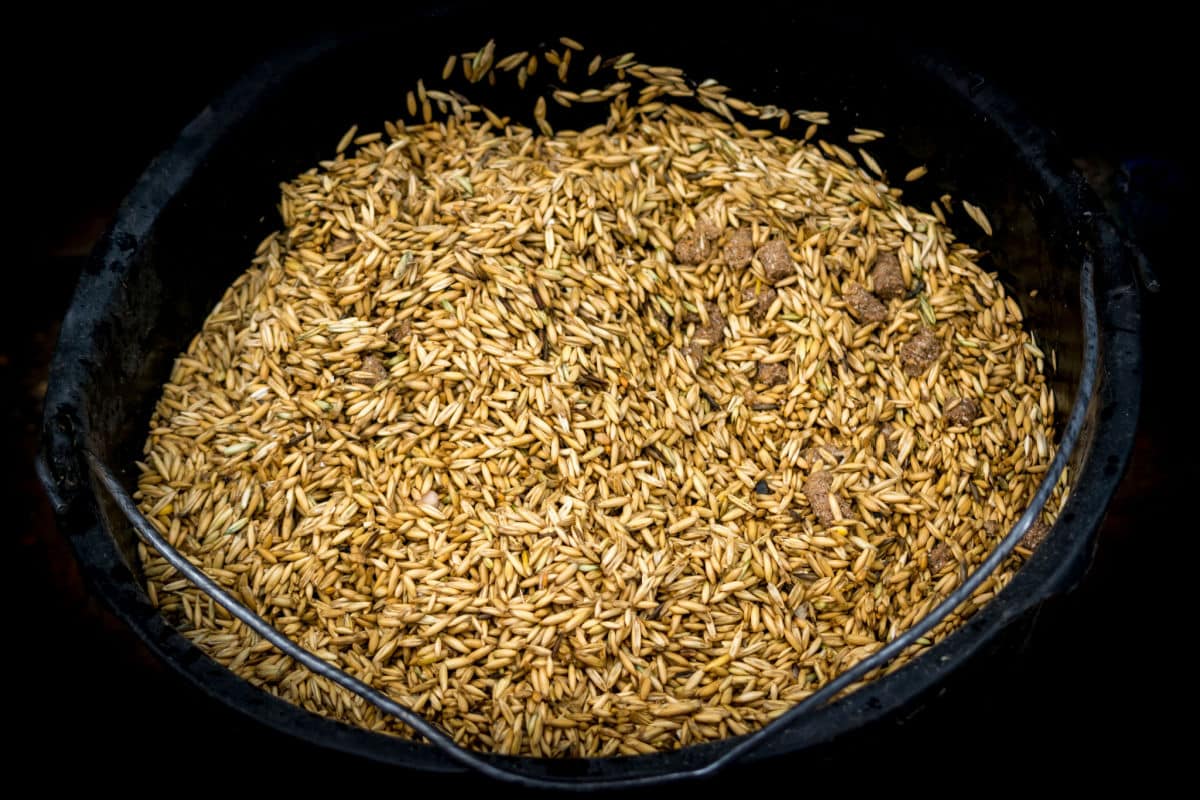Interest in equine digestive health seems to be growing among horse care professionals and owners – particularly as the demands of modern feeding and management take their toll on the natural function of the GI tract.
Conversations tend to revolve around several prevalent GI issues in horses including colic, equine gastric ulcer syndrome, colonic ulcers, and diarrhea. These issues are increasingly common in today’s horses. As a result, more and more research is underway to determine causes and best courses of treatment for a range of digestive health issues.
The July 2011 edition of Veterinary Practice News includes an article on New Developments in GI Issues in Horses in which three veterinarians, including our own Frank Pellegrini DVM, are interviewed.
Author Sharon Biggs begins:
“Researchers are trying to solve the ongoing problem of management for the modern horse. Pastures are rarer than ever before, horses are stalled a good deal of the time, and equine athletes require more energy than hay alone can give.
“It’s long been understood that these management methods have created problems in the horse, in particular in gastric and colonic ulcers. Since it would be difficult if not impossible for many horsemen to change, researchers are trying to find ways to work around these issues.”
The Effects of Free-Choice Hay on Gastric Ulcers
In the article, Hoyt Cheramie, DVM, manager of Large Animal Veterinary Services at Merial, discusses the importance of feeding practices in ulcer treatment.
Cheramie draws particular attention to the concept of feeding free-choice hay. He argues that feeding free-choice hay in the absence of quality pasture can be counter-productive. It is much drier than grass, and eating too much too quickly can lead to impactions due to decreased water intake and saliva production. He suggests feeding free-choice hay from some type of slow feeder to increase saliva – which buffers stomach acids.
Distinguishing Between Gastric and Colonic Ulcers
Our VP of Veterinary Medicine, Franklin Pellegrini, DVM, discussed his research in equine colonic ulcers.
“It’s important to differentiate gastric from colonic ulcers because the treatment protocols are absolutely different,” says Pellegrini. “If you go with the standardized FDA-approved gastric ulcer treatment, you could exacerbate the colonic ulceration, particularly if the horse is fed concentrates,” Pellegrini notes.
Finding the Cause of Diarrhea in Horses
Nathan M. Slovis, DVM, of Hagyard Equine Medical Institute, has been working to determine causes of diarrhea in horses. From his study, he determined that the conventional lab test isn’t able to definitively diagnose the cause.
Slovis has worked on creating a PCR panel that effectively identifies certain types of bacteria in horses that could be contributing factors to diarrhea.
Read Full Article at Veterinary Practice News
For the full interviews on each of these subjects, read the original New Developments in GI Issues in Horses article at the Veterinary Practice News Website.
If you are a veterinarian and would like access to technical information and research on our products and on equine digestive health, visit our Veterinary Resource Area.



